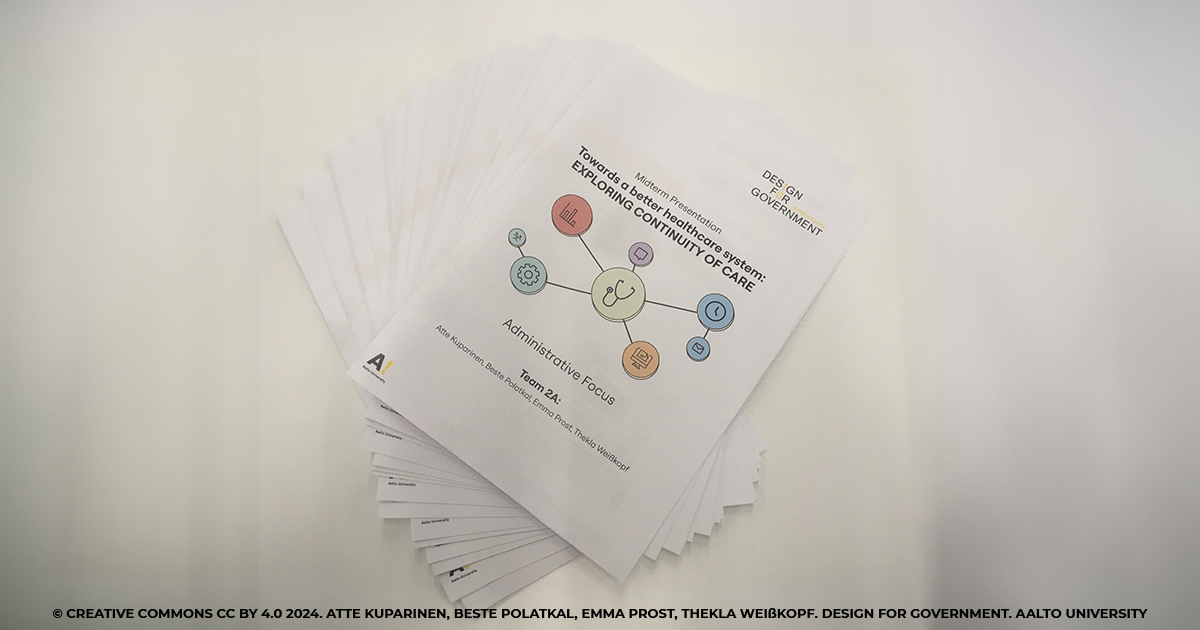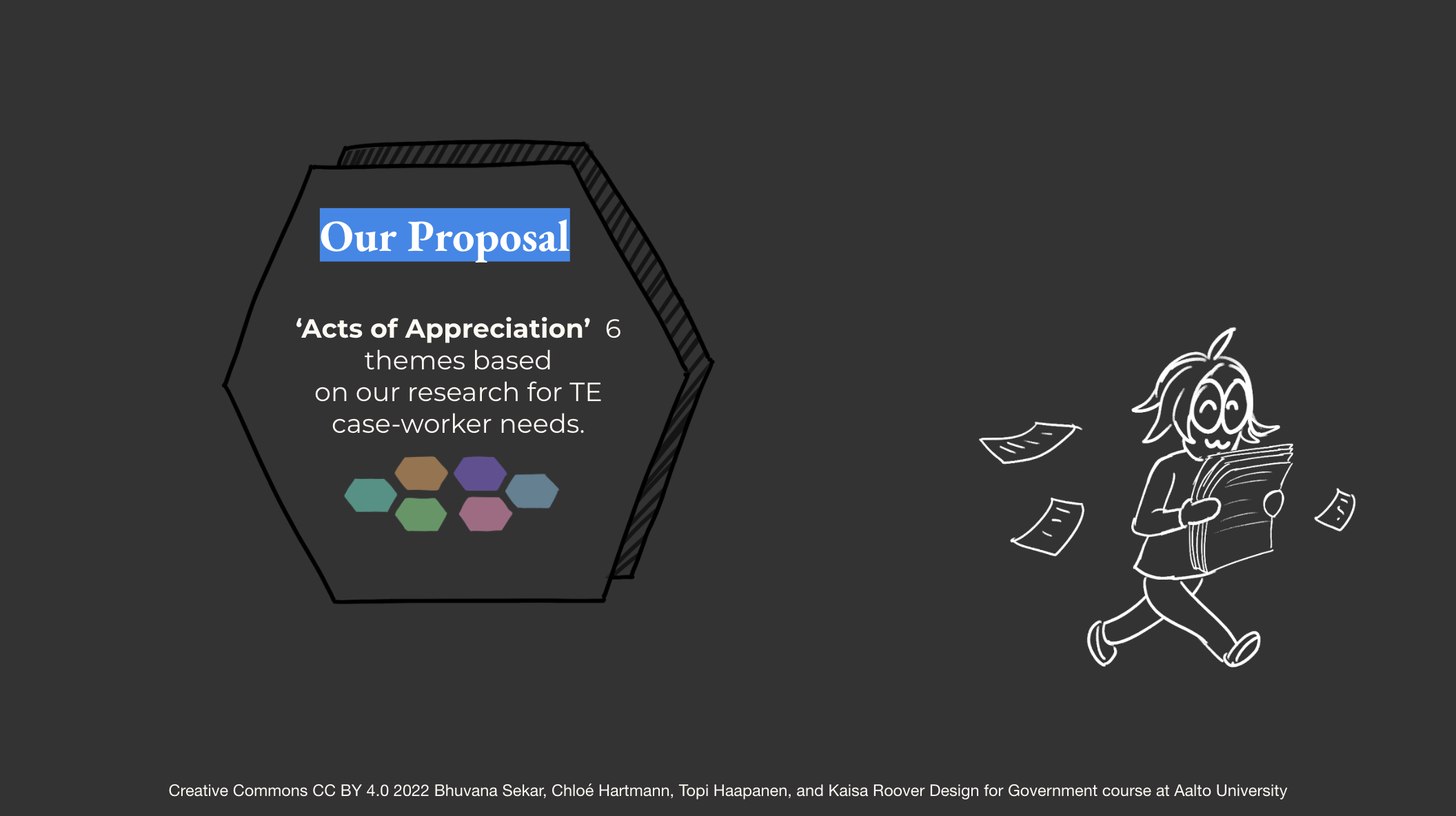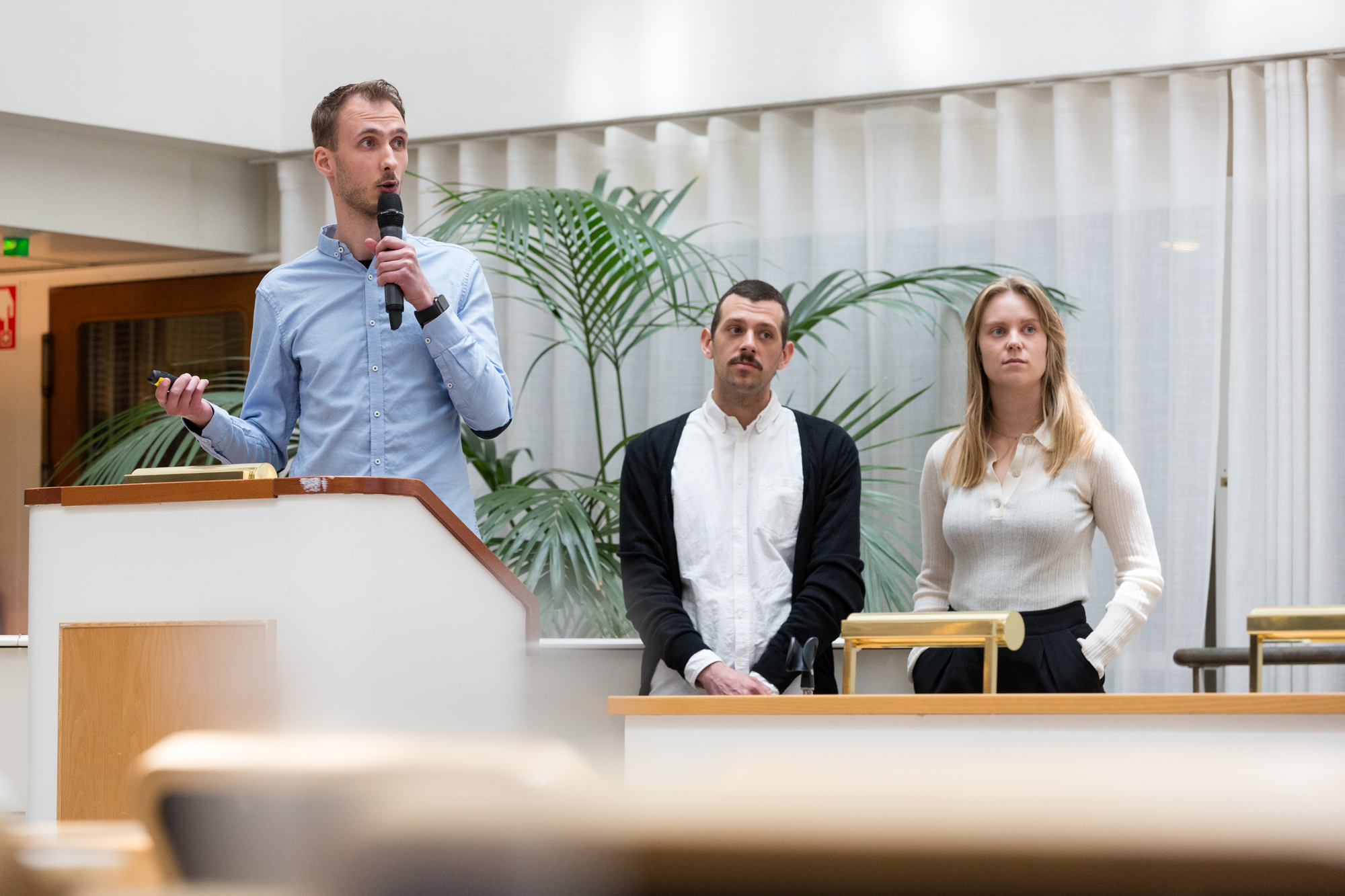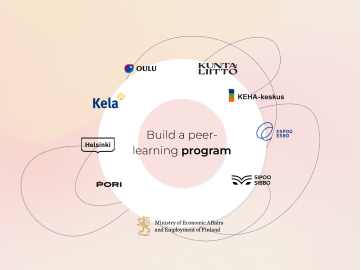Investigating Initial Pathways: Enhancing Continuity
In this blog post, Beste Polatkal from Group 2A shares research findings on improving the continuity of care in Finland’s healthcare system through a “Whys” analysis. The issues explored are major issues like doctor shortages & heavy workloads and it is discussed how better teamwork might create opportunities for better continuity.









